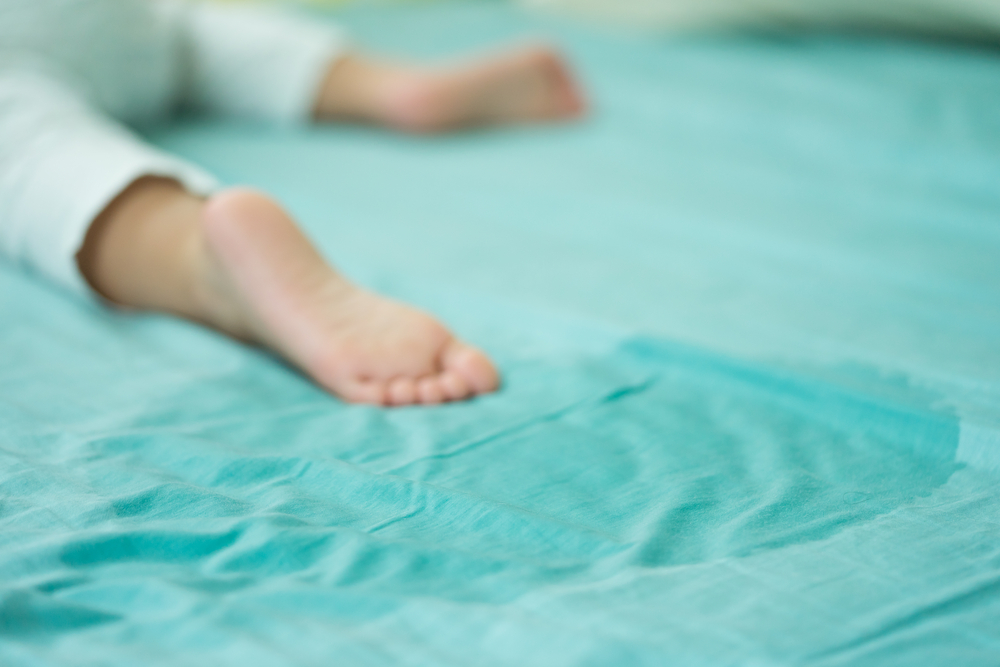
BEDWETTING
Bedwetting usually occurs to children between ages of 2-4 years. This happens when a person cannot control his bladder from emptying especially at night.
As a person grows from a baby to a school kid, he gradually become better at controlling parts his body, such as his arms and legs, and this includes the bladder (the part that holds urine or wee). Some people stop wetting the bed sooner than others.
Why does bedwetting happen?
- Just as some people grow faster than others do, so some people get control over their bladder faster than others do.
- Maybe your bladder can’t hold as much wee as your body makes in the night – that will change as you grow.
- Maybe your bladder is not very good at controlling when the wee comes out.
- Maybe your body makes a lot more wee at night than other kids do.
- Some people sleep so heavily that they don’t wake up when they need to wee.
- It might be caused by a health problem. For example, it might be a urine infection or kidney problems. Get to a doctor to check to make sure it isn’t a health problem.
- happening in your life that makes you worry. That can sometimes cause bedwetting. Eg problems in the family or at school. Talking about your worries can help.
- Sometimes children and adults who have never had problems before may start wetting the bed. This could mean that they have a health problem that needs sorting out.
- It may be inherited from other people in the family, eg. mum, dad, uncles or aunties, used to wet the bed when they were younger.
What can you do?
- First, you must understand that it is not your fault. Ask your parent if you have history of bed-wetting in your family. Maybe your doctor will suggest that you try training your bladder to hold more urine by drinking more during the day and holding on for longer times before going to the toilet.
- You will need to get used to going to the toilet during the night, so look around your bedroom and the bathroom.
- Some children who wet the bed use special pants that have a lining that soaks up the wee and a plastic coating that stops it leaking out. They are like ‘pull up’ nappies that younger children wear, but they are specially made for older and bigger children.
- Ask a parent or caregiver if you can have a waterproof mattress cover and quilt cover.
- Ask if you can have washable thick (quilted) sheets, which will soak up the wee.
- If you are old enough, practice changing your sheets until you are so good you could almost do it in your sleep.
- Organize with dad or mum where the wet bedding is to go, eg. plastic bucket or bag in the laundry, toilet or your room so that you and mum can sort things out quickly and get back to sleep.
- Keep a room deodorizer in your bedroom so that you can have a quick spray round.
- Have a shower in the morning so you are fresh and clean when you go to school.
- Keep a chart to find out when your bladder gets full in the night. Set your alarm clock to wake you up so that you can go to the toilet during the night.
